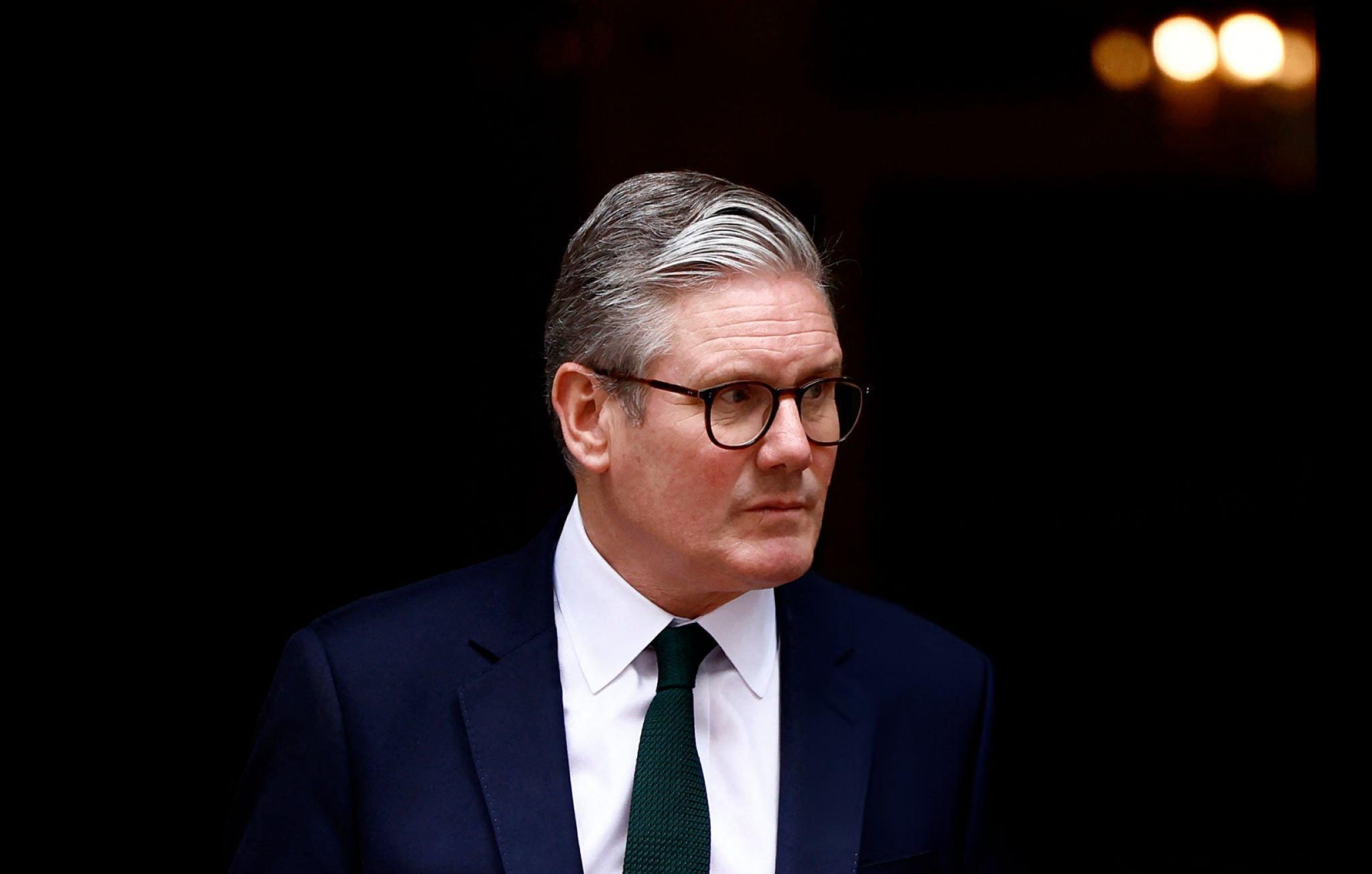Prime Minister says processing centres abroad could strengthen UK’s border control strategy
Tirana, 17 May 2025 – Prime Minister Sir Keir Starmer has revealed that his government is in discussions with international partners about establishing “return hubs” abroad to process failed asylum seekers, as part of a broader crackdown on illegal migration and people smuggling networks.
Speaking at the European Political Community Summit in Tirana, Albania, Sir Keir said the hubs would be “a very important additional tool in our armoury”, though he acknowledged they were “not a silver bullet in and of themselves”.
The proposed return hubs are intended to serve as staging grounds in third countries for individuals who have had their asylum claims rejected in the UK. Once processed at these hubs, the individuals would be deported to their home countries or other safe states willing to receive them.
Sir Keir stated, “I’ve had a number of discussions with all sorts of leaders here today, numerous discussions with numerous leaders, including discussions about return hubs.”
While no countries have yet been publicly confirmed as hosts, speculation has centred on Western Balkan states. However, Albania’s Prime Minister Edi Rama appeared to reject the prospect of his country taking part, reiterating Albania’s commitment to an existing deal with Italy. Sir Keir also met North Macedonian Prime Minister Hristijan Mickoski, although the official readout made no mention of return hub talks.
The move to explore offshore processing arrangements echoes controversial aspects of previous Conservative proposals, but the Labour-led Government insists its approach is focused on international cooperation and law enforcement, rather than punitive measures.
With migrant Channel crossings already exceeding 12,000 this year, 2025 is on track to surpass previous records. A combination of favourable weather conditions – known as “red days” – and increasingly desperate smuggling methods, including overcrowded boats and more dangerous sea routes, are believed to be contributing to the rise.
Smuggling gangs are reportedly packing more people per vessel and charging high fees, with many of those making the journey now originating from conflict-torn regions such as the Horn of Africa.
The Government has acknowledged that measures currently in place are unlikely to produce significant results this year. According to the PA news agency, officials are quietly conceding that real reductions may not be seen until 2026, as the multi-pronged strategy begins to take hold.
When asked directly whether the public could expect numbers to begin falling this year, Sir Keir avoided making a firm commitment. “We need to drive those numbers down,” he said, “and you can see what priorities we put on that.”
The Home Office confirmed a series of immediate actions aimed at curbing crossings and dismantling the criminal networks that profit from them. A spokesperson said, “We are taking immediate action to drive down small boat numbers – now and in the future.”
This includes strengthened cooperation with French authorities, such as enabling their maritime forces to intercept boats in shallow waters, deploying new elite units to patrol the northern French coastline, and launching intelligence operations in areas like Dunkirk, where equipment has been seized and smugglers arrested.
Additionally, the Government is preparing new legislation designed to bolster its ability to identify and dismantle criminal groups involved in people trafficking, while enhancing border security.
Despite the challenges ahead, Sir Keir’s announcement signals a clear shift in tone and strategy from his government – one that blends law enforcement, diplomacy, and legislative reform. Yet with public concern mounting and crossings continuing at record pace, pressure will remain high for the Prime Minister to deliver tangible results in the near term.






